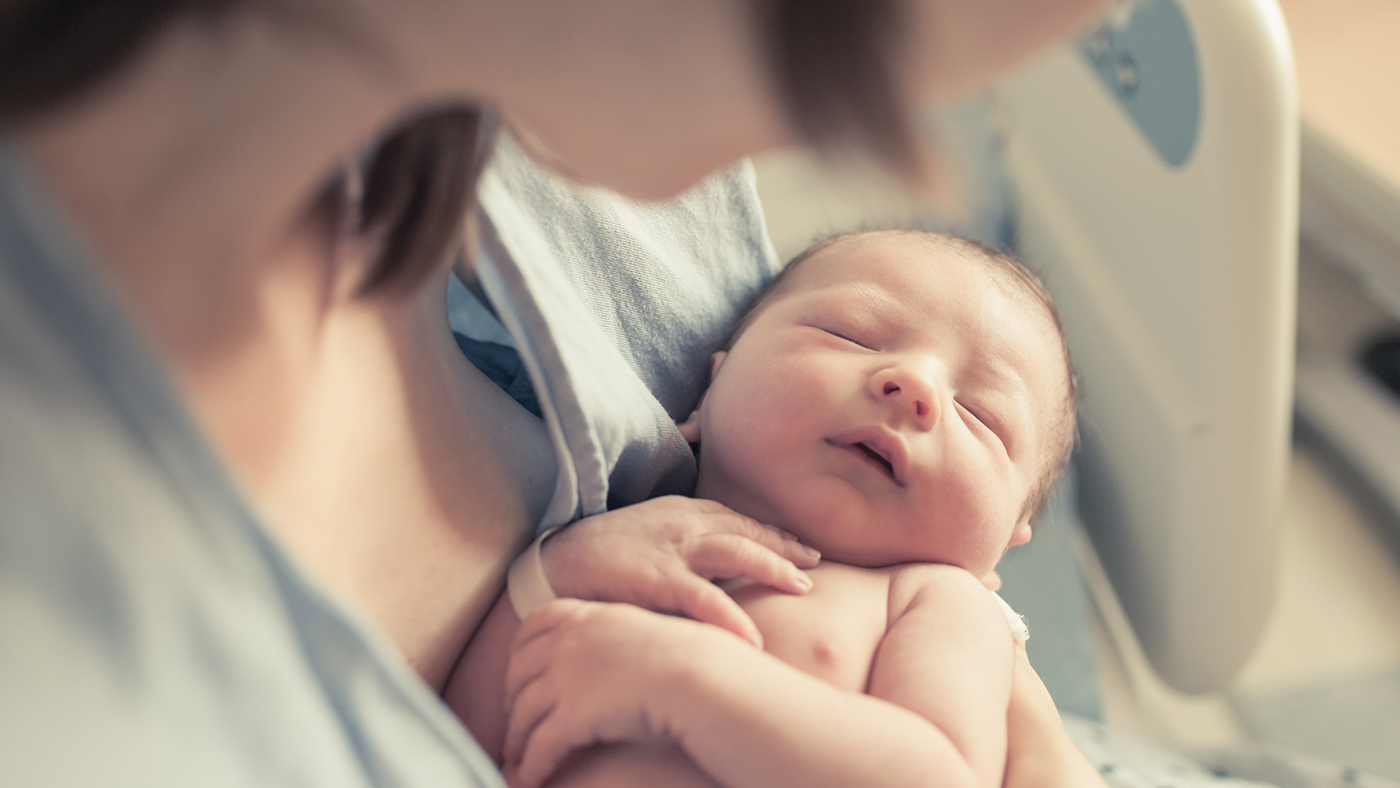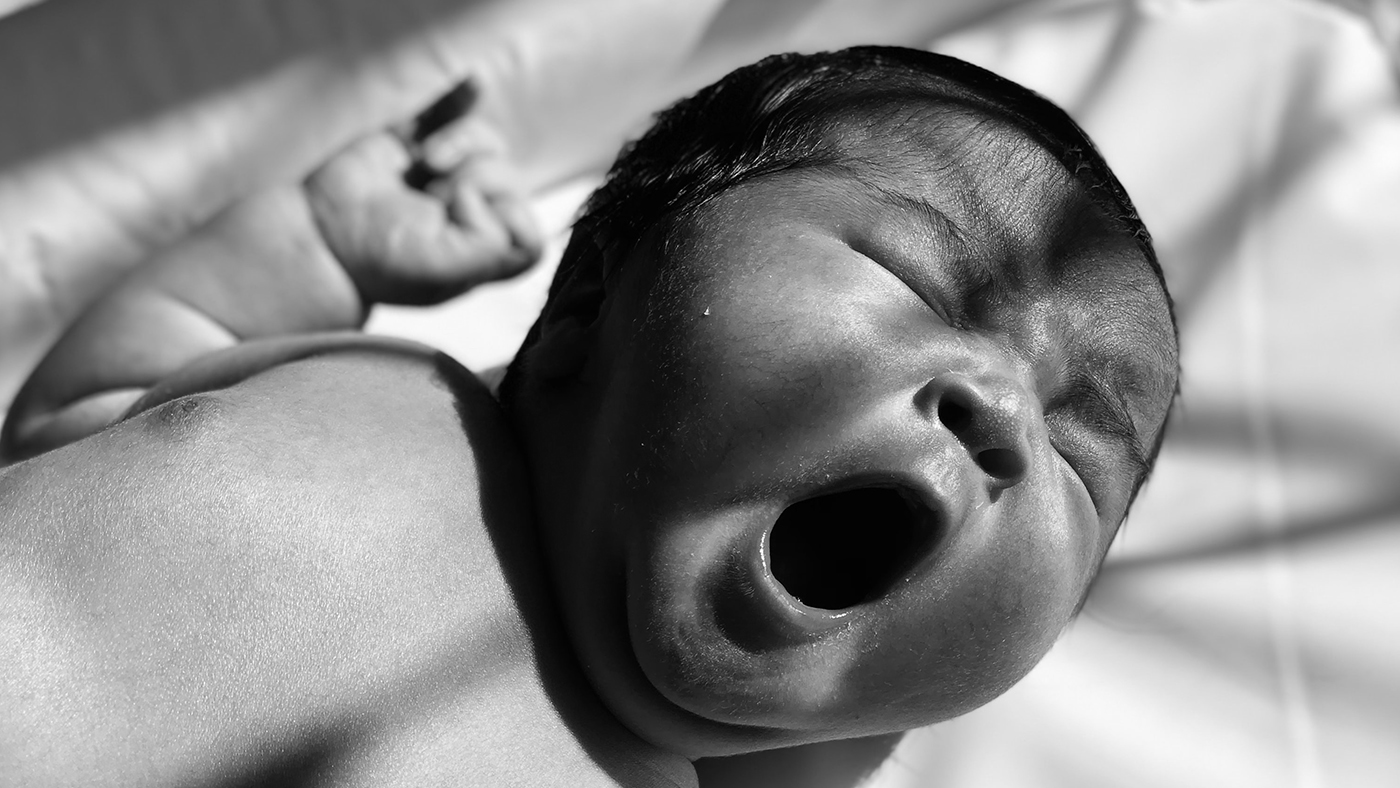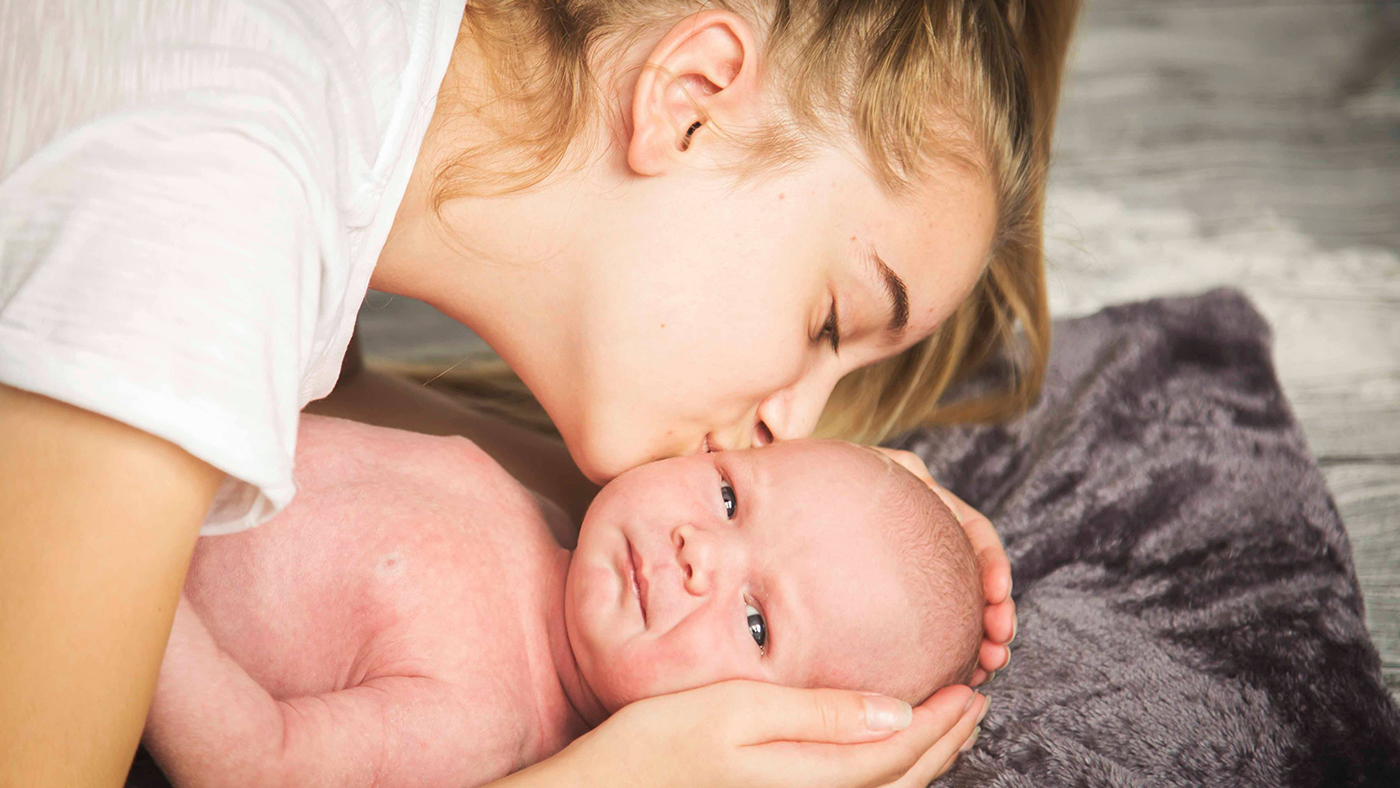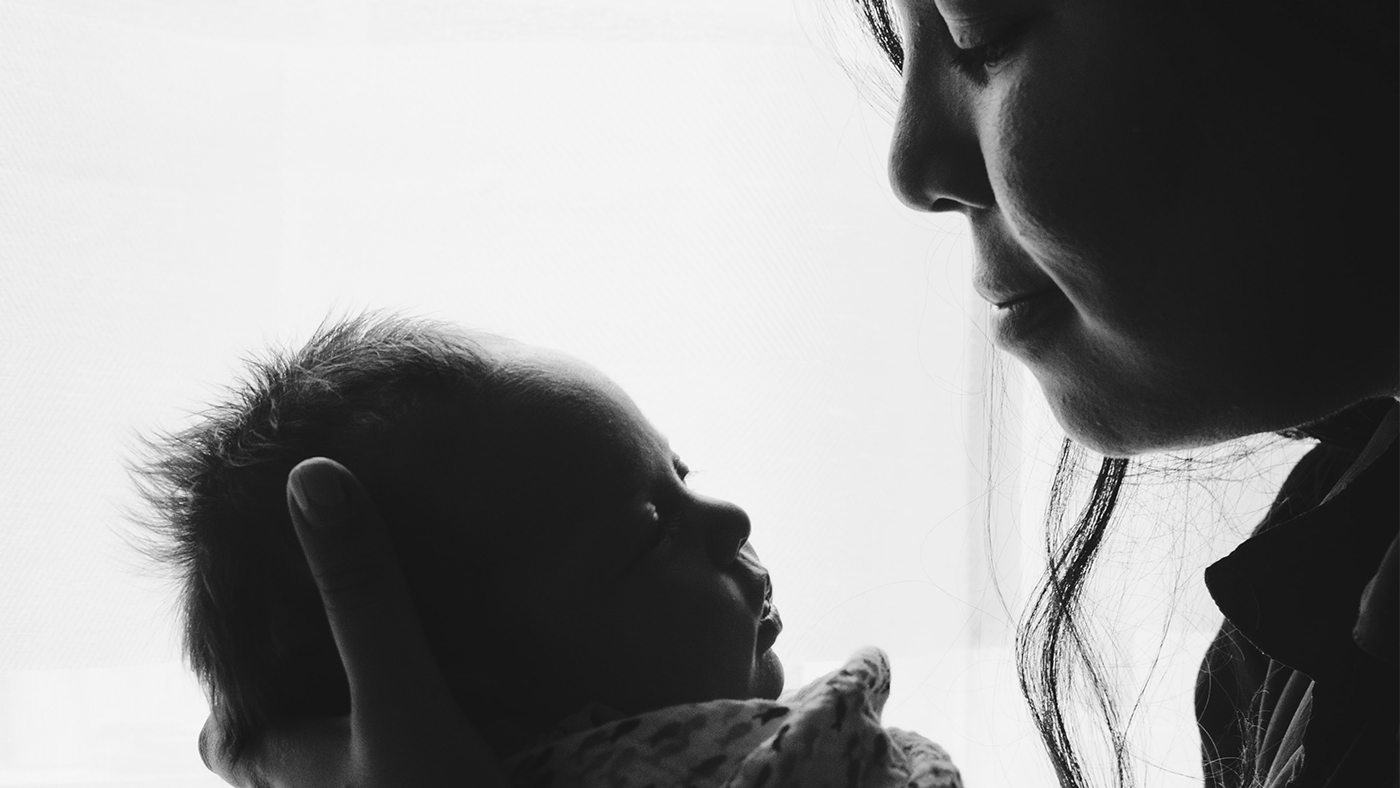What does your newborn know?
- Cognitive,
- Newborn,
- Baby

Newborn babies just seem to cry, eat and sleep, don’t they? We know children learn a lot during the first five years of their life, and we are here to help you enjoy, support and follow your child’s individual journey. But does your newborn know more than they can show you?
In this blog, we will briefly explore some of what researchers think newborn babies know and what this tells us about how they learn.

How do we know what your baby knows?
Past research into child development focused on watching babies and young children, often the children of researchers or their friends, and from these observations developing ideas about how babies and children develop and learn. Researchers also developed standardised tests to help them to understand what babies and children understood. Much of this information still influences how we understand babies and young children, but there is always more to learn.
In recent years, there has been a growth in other approaches to understanding what babies know, using methods such as tracking what babies look at; when a baby sees something unexpected they look at it for longer, so researchers can see if a baby notices a change. Researchers are now also able to measure activity in a baby’s brain and from this see how their brain responds to different situations and events. Perhaps the change in research approaches is linked to a change in understanding about very young babies: rather than having very little awareness of what is happening around them, they are primed and ready to find out about the world. Maybe your newborn knows more than it seems!

Making sense of the world
Your baby’s senses started to develop before they were born and they use their senses to learn about the world around them. Your baby’s vision is less developed than other senses when they are born. They focus best on things that are close to them, around 20 to 30cm away; babies are particularly interested in looking at faces and your newborn will recognise your face.
Babies have mature hearing from around 35 weeks' gestation and when your baby was born, they already knew your voice and other familiar sounds. Babies recognise the language that is spoken by their family – not only voices, but also the patterns of language, so they are likely to respond more to a story that has been read to them before they were born than to a new one.
Newborn babies don't develop control of their body and the link between what they see and distance for a few months. But studies suggest that they will look at an actual object for longer than a picture of the object, so have a sense of 3D vision soon after they are born. Your baby can also link information from their senses and some researchers suggest that they will have an understanding of quantity. Newborn babies have been found to look for longer at a group of objects that has the same number of objects in it as the number of sounds that are played to them while they are seeing the objects. This suggests they can match quantities as they connect the number of sounds and number of objects in a group. It is thought babies' understanding of quantity relies on a significant difference in quantity between groups, so they seem to notice differences when one group is at least three times bigger than another.

Newborn babies can identify familiar smells, and they recognise their mother’s smell as soon as they are born. They can use touch to recognise an object: in an experiment, babies were given an object to hold several times. When they were shown two objects, they looked for longer at the object that they had not held, suggesting that this was new and interesting to them.
Foundations
Your newborn baby has lots to learn, and we know that their brains will change rapidly in the first five years, with neural connections being formed and strengthened by their experiences. But they are ready to make sense of the world, to learn and develop their understanding. They will find out about the world using their senses to learn about themselves, people, places and objects. Your newborn might know more than they can show you. As they grow and experience the world, they will build on these foundations and make links between their experiences, learning new things every day.
Find out more:
Streri A, de Hevia M, Izard V, Coubart A. 2013. What do we Know about Neonatal Cognition? Behavioral Sciences. 2013; 3: 154–169.
Conkbayir, M. (2017) Early Childhood and Neuroscience. Theory, Research and Implications for Practice. London: Bloomsbury.